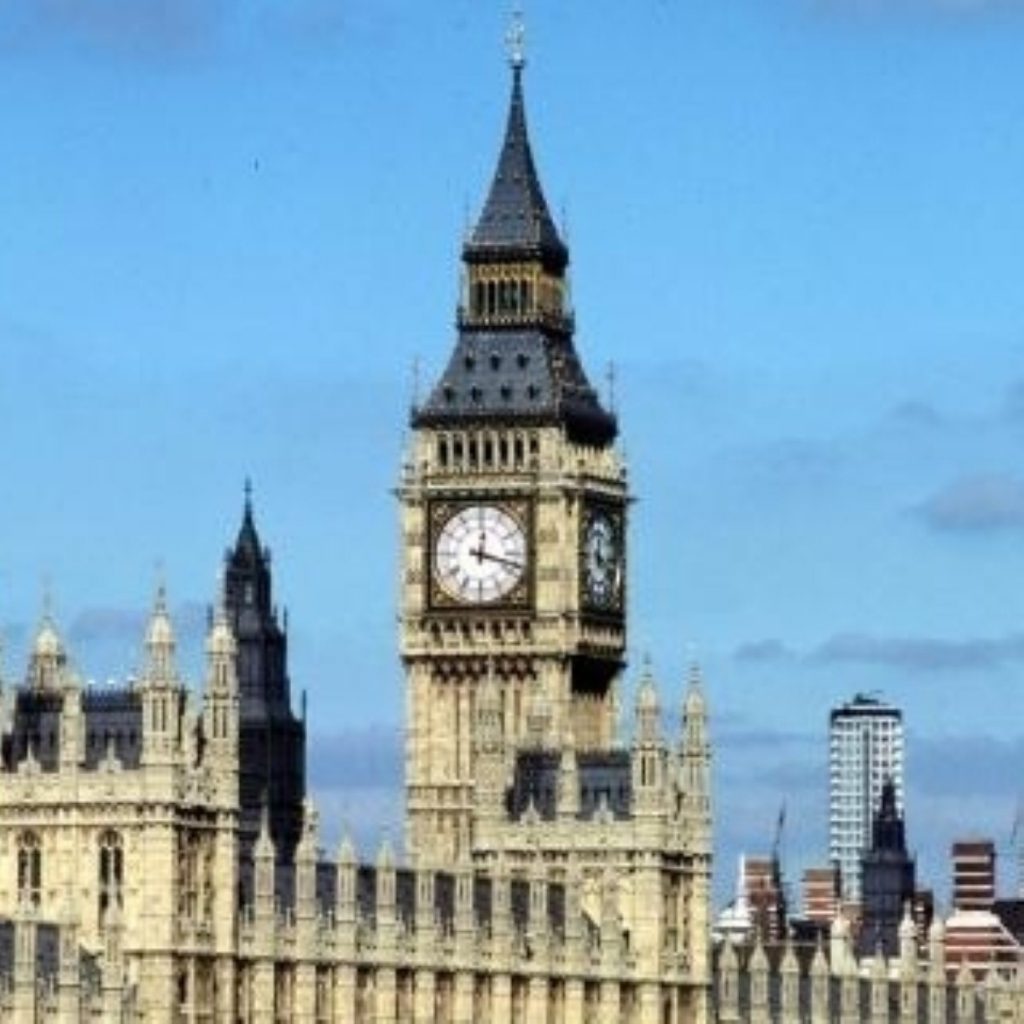Terrorism offence scrapes through Commons
The government’s majority was cut to just one last night when MPs voted on new plans to create an offence of encouraging terrorism.
During the committee stage of the terrorism bill in the House of Commons, an amendment to introduce the element of “intent” in the offence was narrowly rejected, with the government’s version of the offence passing by 300 votes to 299.
Home Office minister Hazel Blears said she recognised “legitimate concerns” about the need to tighten up the new offence, which critics say it so broad that it would either capture harmless comment or be impossible to prosecute.
The tiny margin made it almost certain that the government would be defeated on another controversial clause of the bill, that which extends the maximum time a terror suspect can be detained from 14 days to three months.


And as a result, home secretary Charles Clarke called for a delay on the vote on this clause, pending talks with opposition parties. A 28-day compromise is likely to be considered.
Both the Conservatives and the Lib Dems have vowed to oppose extending the detention period on the grounds of civil liberties, but the government insists the police have made a strong case for the proposals.
However, last night Mr Clarke admitted ministers were “flexible” and has promised to listen to opinions from all parties in the debate.
“My proposal is that we engage in urgent discussions with colleagues on all sides of the House to see if we can reach consensus on a figure beyond 14 days,” he told MPs.
Shadow home secretary David Davis welcomed the climb-down, saying it showed the government had acknowledged that 90 days detention would be “intolerable to the British people”. He looked forward to negotiations in a “constructive spirit”.
For his part, Lib Dem home affairs spokesman Mark Oaten said he would be prepared to take part in “fresh talks” to try to reach a consensus, but would resist “excessive” extensions over two weeks.
“After scraping home by one vote it is clear that the government’s terrorism legislation can’t continue unless there are major concessions,” he added.
Speaking at prime minister’s questions yesterday, Tony Blair insisted the police and security services had asked for this extended time limit to protect British citizens.
“We will do our best to protect the people of this country and the honourable members [MPs] should think carefully before they vote against the express desire of the chief of the Metropolitan police, the head of anti-terrorist operations and the people who are charged with protecting our country,” he said.
Last week the terrorism bill passed its second reading with a majority of 378, after the Conservatives agreed to vote with the government, but last night was the first time MPs had an opportunity to debate the legislation in detail.
Questions have been raised about the failure of the Lib Dem Treasury spokesman, Vince Cable, to attend the vote on the new offence of glorifying terrorism, given his party’s outspoken opposition.
However, a spokesman for the party told politics.co.uk that he was “in a meeting with constituents” at the time. He added that nine Tories also missed the vote, including deputy leader Michael Ancram.

